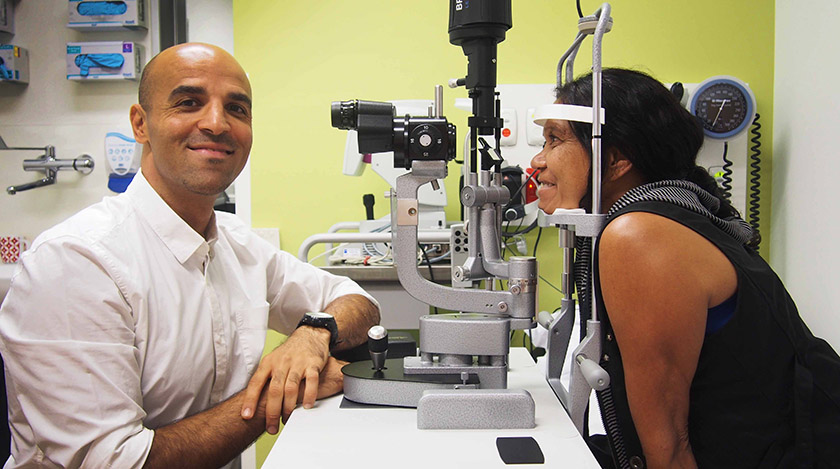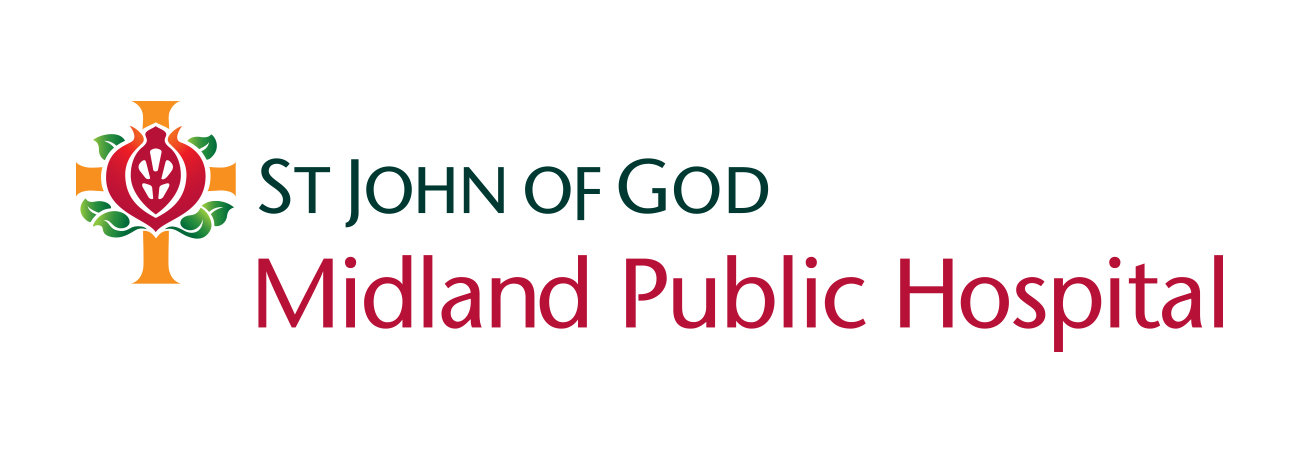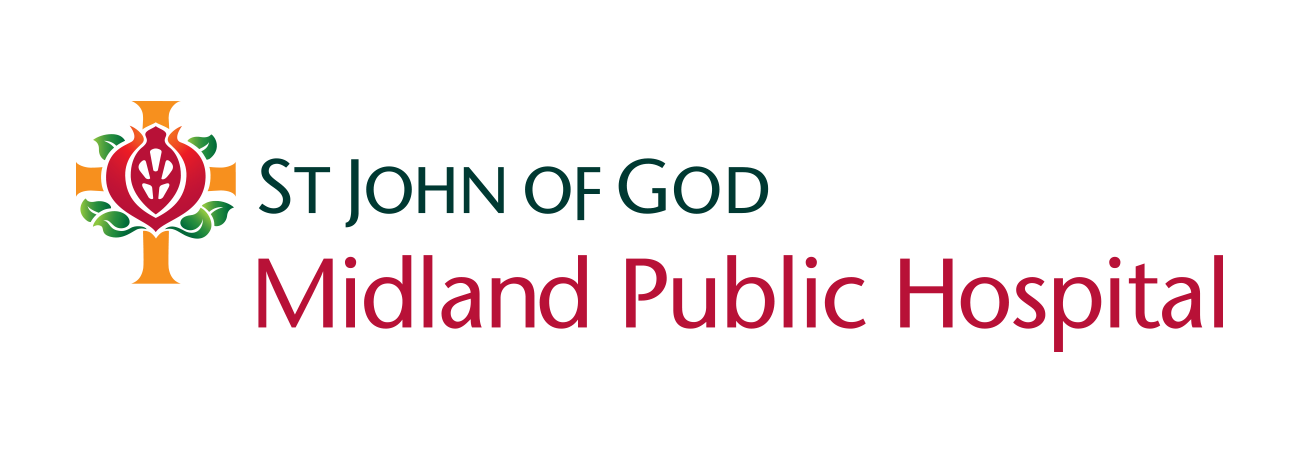New service a sight for sore eyes in Midland
17 Mar 2017

17 March 2017
Ophthalmologist Dr Hessom Razavi said the comprehensive service provided medical treatment and surgery at no cost to patients with a range of eye disorders and diseases.
“Impaired vision, caused by conditions such as diabetic eye disease and cataract, is a common problem among people from Aboriginal and Torres Strait Islander backgrounds,” Dr Razavi said.
“We are collaborating with other service organisations in the area to ensure the local community has access to the best eye care services available."
St John of God Midland Public and Private Hospitals Chief Executive Officer Dr Glen Power said the service was expanding the specialist services available locally, working closely with referring Aboriginal medical services.
“Eye conditions can be life limiting so it is great that we are able to provide this service close to home for people living in the east metropolitan region and Wheatbelt areas,” he said.
“The partnership with the Lions Eye Institute with its focus on Aboriginal eye health and surgery underscores our commitment to closing the gap in health outcomes for Aboriginal people.”
Funding from St John of God Social Outreach has provided the service with a specialised Optical Coherence Tomography unit (OCT). The OCT unit will facilitate early assessment of a range of conditions common in Aboriginal patients, enabling early referral and surgical intervention.
Dr Razavi said cataract surgery was one of the most common treatments provided by the service.
“Cataract surgery is the most common operation in the world; with the latest technology that we use, it is a safe, short and painless operation and leads to improvement of vision for most people in the community,” he said.
Top tips to maintain good eye health
- If you're diabetic or pre-diabetic speak with your GP or other health care providers to ensure your blood sugar and blood pressure is under control. Lowering blood sugars and blood pressure leads to a slowing down of diabetic eye disease which is the leading cause of poor vision for people of working age (40 to 60 year olds) in Australia.
- Don't smoke or try to quit smoking if you do. As well as affecting your heart and brain health, smoking increases the risk of some eye diseases. The main one is age-related macular degeneration (AMD), which is the leading cause of blindness in Australia and is made worse if you smoke.
- Have your eyes checked by your local optometrist at least once every two years. This is a good way of checking your glasses prescription as well as your general eye health. Some eye diseases, such as glaucoma, are silent and don't cause any symptoms in the early stages. By seeing an optometrist, glaucoma and other conditions can be picked up early, and you can be referred for treatment before they cause permanent loss of vision.
You may be interested in

